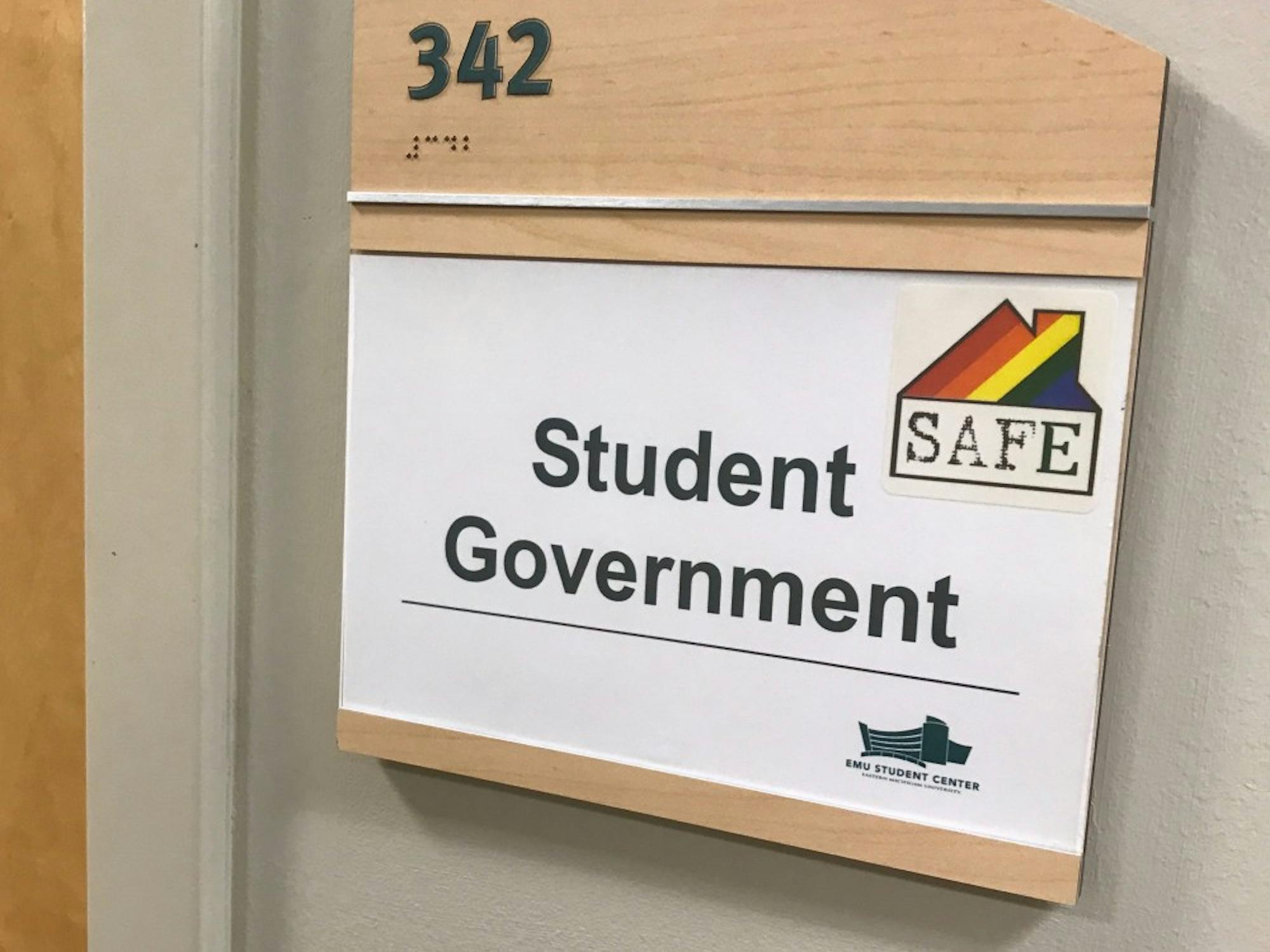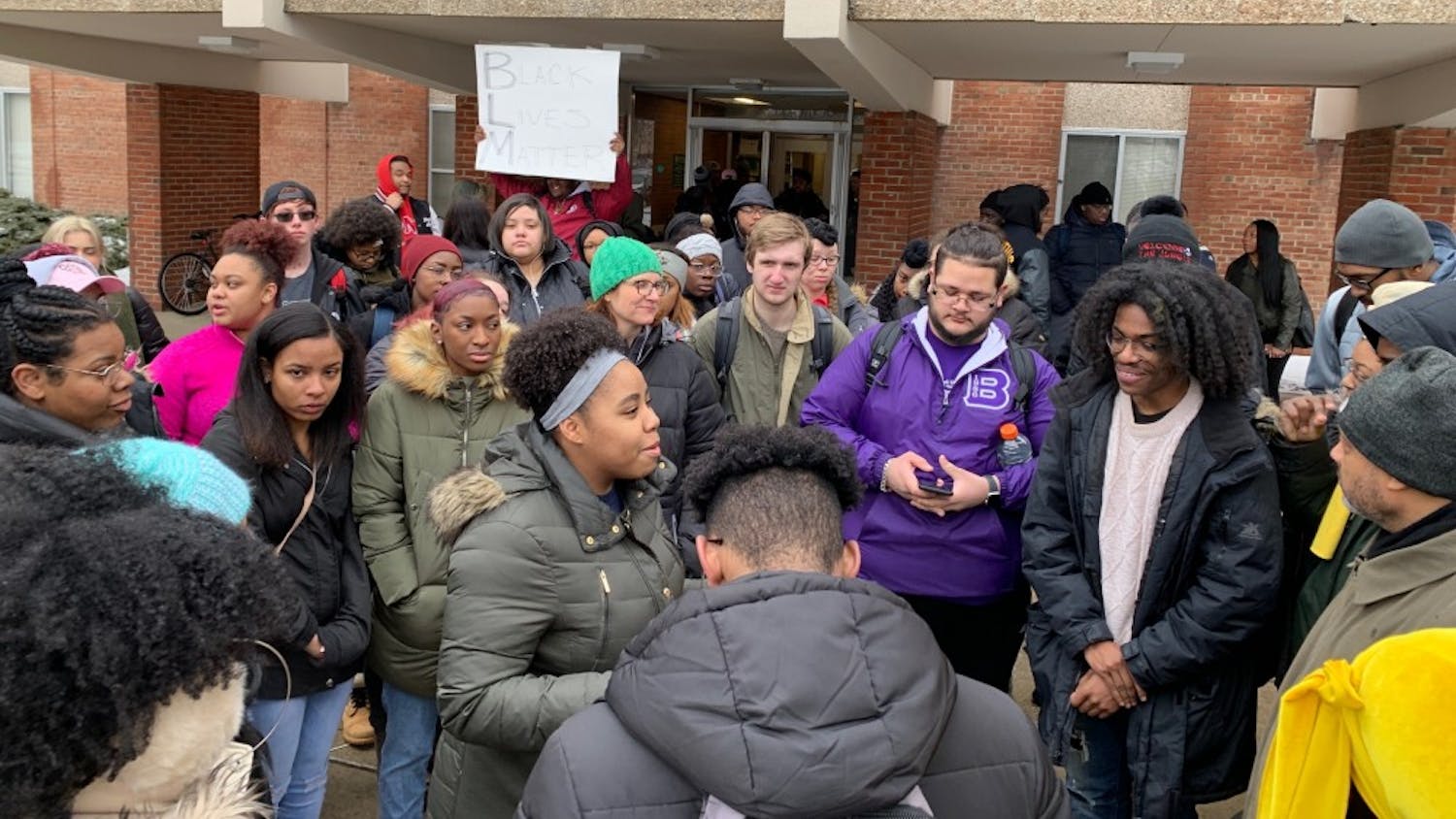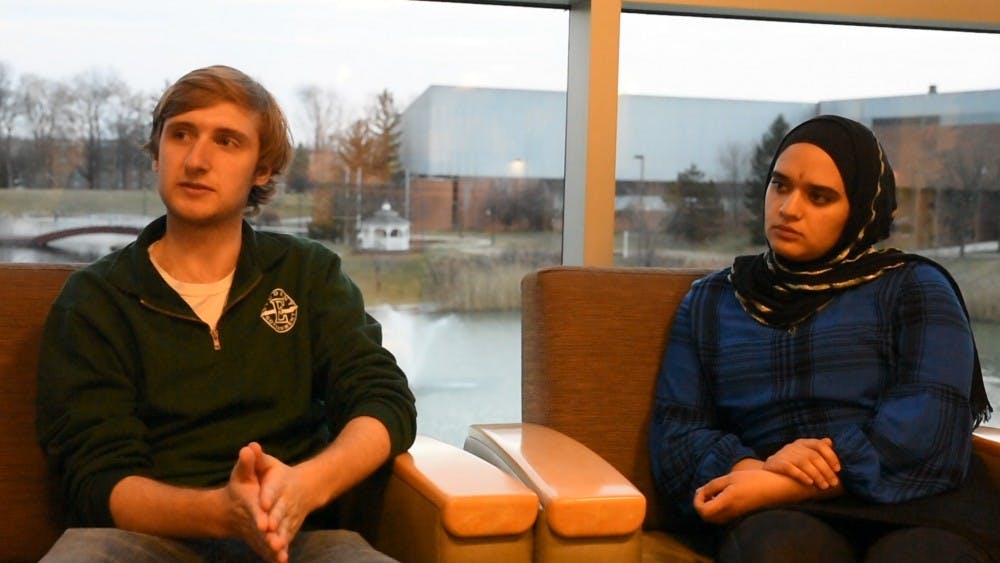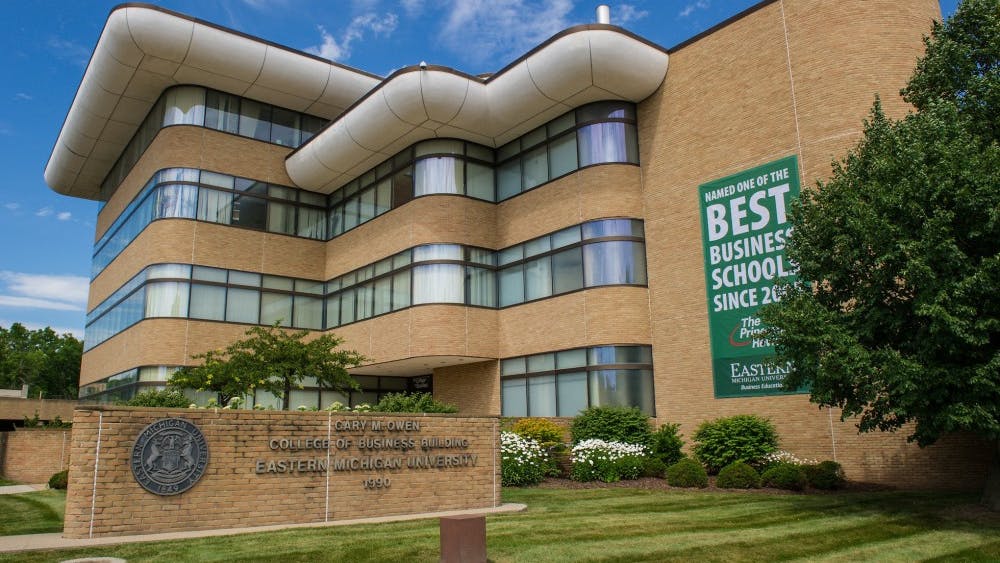Since first stepping foot firmly on campus in August 2015, I have had the opportunity to view this institution through a lens that few are given the chance. I’ve watched administrators, staff, faculty and students struggle to grasp what higher education, especially at the undergraduate level, looks like within the second decade of the 21st century. It is certain that the experiences I have had over the last several years are unique to a handful of alumni, and I find it difficult to explain much of how Eastern Michigan University works to those on the outside, let alone those who work on the inside.
Over the coming months, I will gradually release a series of writings that recap events, decisions and processes that coincide with my time as a student leader at EMU to the Eastern Echo, thereby granting the greater community some context to decisions, situations and conversations I was a part of over the last four years. I also hope that I will provide guidance to future leaders on campus and perhaps some wisdom to administration and faculty. I have some specific comments and notations derived from my perspective as a student leader on their childish conflicts.
To give myself some background, before coming to EMU, I was among the paid student leadership in Student Alliance at Grand Rapids Community College, which would be similar to EMU’s Student Government Executive Board. I arrived at EMU in June 2015 for a campus tour after being admitted a couple weeks prior, at the time I had already been in communication with then-Student Body President Steven Cole about joining Student Government. I made it a mission to be admitted to the Student Senate as soon as possible. In September 2015, I was sworn in as a senator, and a year afterward, I would be the longest-serving current member of the Student Senate. In that time, I had gained a reputation for bold actions such as the Joint Athletic Spending Report and EAA Resolution.
Following the election of Tanasia Morton and Joshua Starr as Student Government’s President and Vice-President, I became an unofficial proxy for the Student Government executive in meetings across the campus and within the community. During the summer of 2016, I spent hours assisting in the organization of the new SG administration and preparing the Student Government response to the dining “privatization.” We spent time collecting information from student governments across the northeast regarding the potential vendors and even had conversations with some student leaders on campuses with these vendors. We also spent a decent amount of time referring specific aspects we believed were important for the contract to include.
In September of 2016, I was in the President’s office as several decisions were made regarding how to handle the hate speech at King Hall and was awakened on Oct. 31, 2016 to more of this. Between Sept. 20, 2016 and Jan. 15, 2017, I spent over 20 hours in Welch Hall alone, this didn’t include meetings in the community and across campus. I was also among the handful of students and community members who were given updates on investigation progress; we were subsequently responsible for filtering this information to students.
In 2017, I was part of the Student Government team that started work on the privatization of our parking system. Here there are some major regrets and things for the community to know about a bad deal, that became an even worse deal, that had a $50 million positive for students. I wish that situation would’ve ended differently, but it didn’t in-part because certain people had made up their mind.
I hope that these writings can start a dialog at EMU about how we involve community participation and how we choose to communicate with our students (the priority), our alumni (not just our former athletes), our staff, our faculty and our community.










